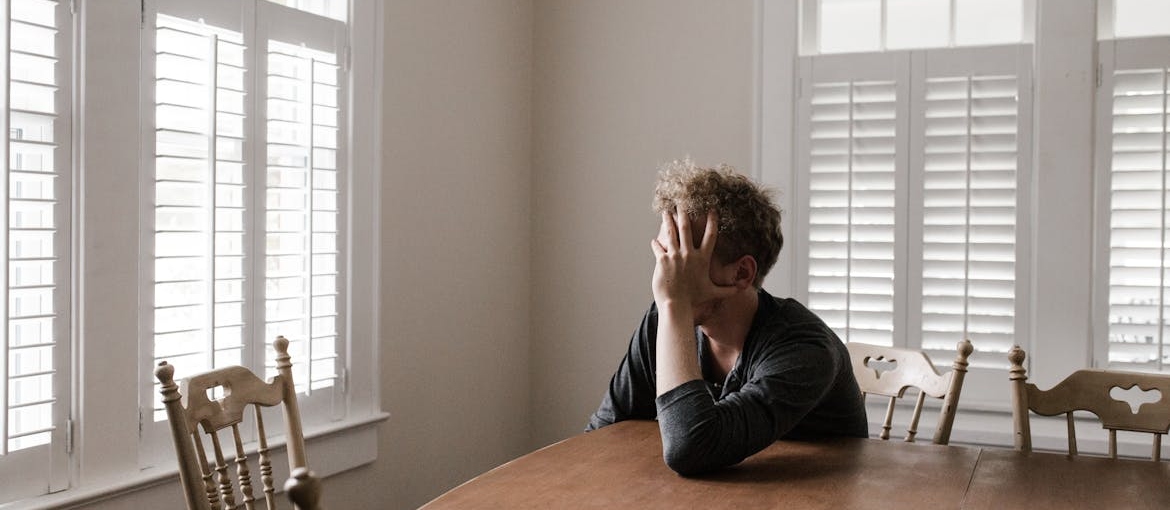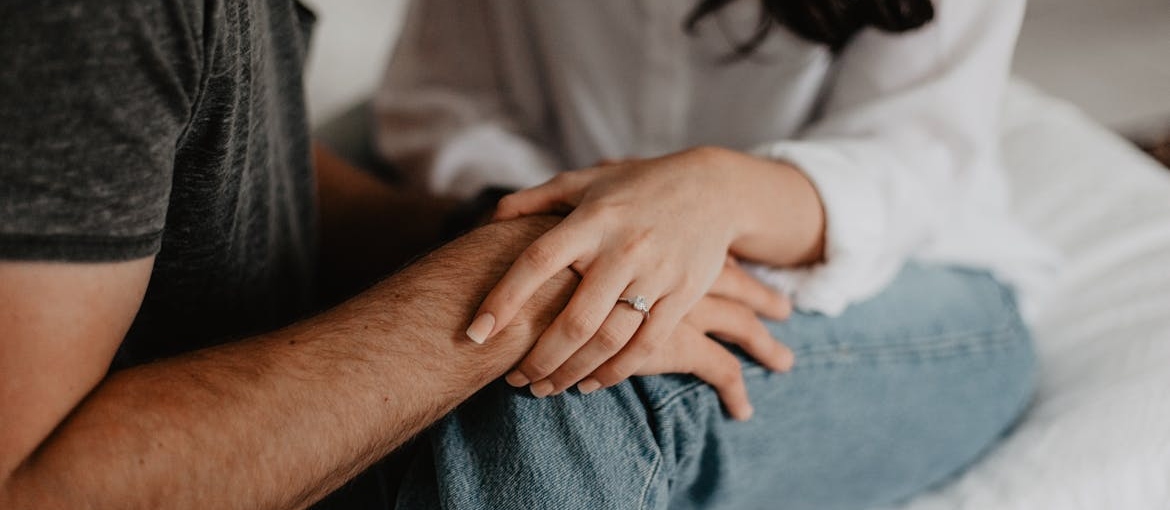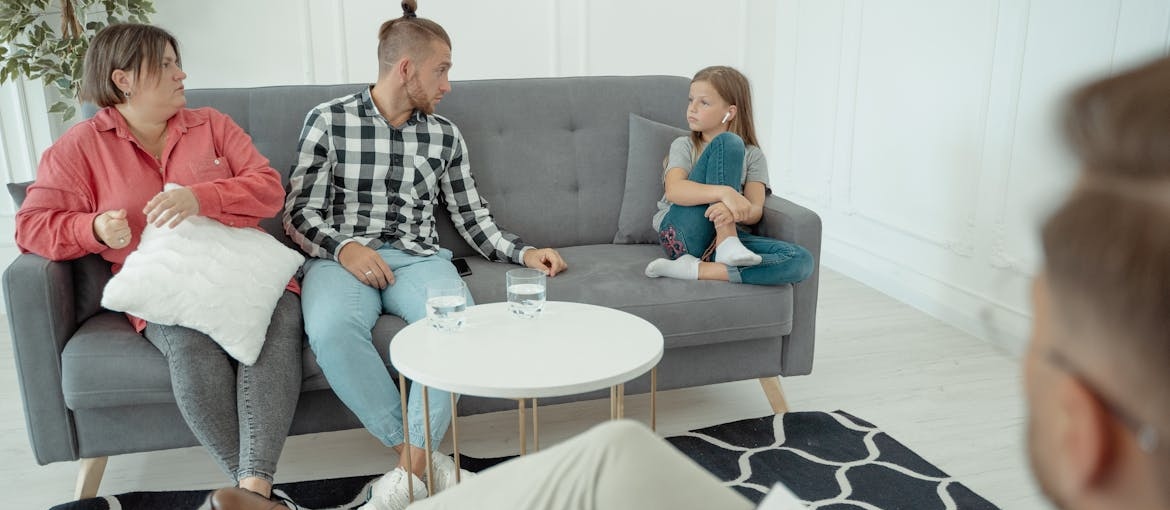When one person in a marriage struggles with substance use, both partners suffer. Addiction and divorce often go hand in hand, leaving people stuck between wanting to help and needing to protect themselves. If you’re in this situation, you may feel drained, confused, or unsure of what comes next. You’re not alone in this. Many couples face the same pain, and help does exist. Knowing the signs early and learning how addiction affects relationships can make decisions easier. You can also explore support options that focus on your safety and mental health. Some drug and alcohol treatment centers in West Virginia even offer therapy for couples or families. We’ll break down what to look for, what to expect, and where to turn if you’re dealing with addiction inside your marriage.
Understanding the Link Between Addiction and Divorce
Addiction can change how people treat each other. It often brings lies, stress, and broken trust. When a spouse starts using drugs or alcohol regularly, the other partner may feel ignored or unsafe. Over time, the relationship can become unstable. Understanding how addiction impacts relationships is important—it can tear down even strong connections.

Most people don’t know how to handle the shift. They may try to fix it alone or keep things quiet out of fear. But addiction doesn’t stay hidden for long. Whether it’s daily drinking or drug use, the effects show up in arguments, money problems, or parenting issues. Divorce and addiction don’t always go together, but the risk grows when support runs out and the damage keeps getting worse. Healing takes work from both sides.
Warning Signs That Addiction Is Hurting the Marriage
The warning signs often show up slowly. You may not notice them at first. But over time, they can wear the relationship down. If you see these red flags, it might be time to speak up or get outside help:
- Lies about substance use
- Money going missing
- Constant tension at home
- Lack of emotional support
- Avoidance of family time
- Unreliable behavior
- Mood swings or anger
- Ignoring responsibilities
How Addiction Contributes to Divorce
When substance use becomes daily, it often replaces the relationship itself. Over time, it feels like you’re married to the addiction, not the person. This creates distance, tension, and resentment. Trust breaks down fast. If your spouse refuses help or lies about their use, you may reach a point where you feel stuck. That’s when questions like is addiction a reason to divorce become real.
It’s not just about habits—it’s about survival. Dual diagnosis treatment West Virginia centers can help if there’s a mental health issue involved too. Many people dealing with drug addiction and divorce don’t know their partner has depression or trauma under the surface. The right support can uncover that, but not every marriage can handle the strain. Divorce becomes an option when treatment doesn’t change behavior.

The Struggles of Divorcing a Partner with Addiction
Leaving someone who has a substance use problem comes with emotional and legal weight. You may feel guilt, fear, or anger all at once. Divorcing a drug addict often involves extra steps like custody battles, court-ordered rehab, or concerns for safety. These challenges don’t mean you’re doing something wrong—they mean you’re trying to protect yourself or your children.
If your spouse works in a high-stress field, rehab for professionals may be a better fit since it’s tailored for jobs like healthcare, law, or business. You might also wonder how to deal with a spouse who is an addict when you still want to help but can’t stay. It’s a painful line to walk. Let yourself feel the grief. Ask for support. You’re not alone in divorcing an addict who won’t get better.
Effects of Divorce on Someone Battling Addiction
Divorce can push someone deeper into addiction, especially if they feel abandoned or ashamed. Even when the split is needed, the emotional hit can lead to relapse. That’s why it’s helpful to connect your ex to the right resources, like an alcohol rehab center Charleston WV residents often turn to. Recovery is harder after a major loss. These symptoms are common after separation:
- Increased drinking or drug use
- Depression or withdrawal
- Anger toward the ex-spouse
- Job loss or missed responsibilities
- Isolation from family or friends
- Mental health breakdowns
Supporting a Spouse in Recovery During Divorce
Trying to support a partner through recovery while also filing for divorce can feel impossible. It’s tough to know where to draw the line between helping and protecting yourself. Many people in your shoes feel stuck, drained, and unsure of what to do next. These steps can help you stay grounded as you manage this hard situation. Addiction and divorce create tension, but it’s still possible to move forward without losing yourself.

Setting Boundaries While Offering Support
It’s not easy to stay supportive when you’re also hurting. Setting firm boundaries can give you space to breathe while helping your spouse recover. Many people in this situation feel guilty for pulling back, but boundaries are not punishment. They protect you and give the other person a clear sense of what’s okay. If you’re asking yourself how to deal with a spouse who is an addict, start with these steps:
- Set limits on conversations: Protect your mental space.
- Avoid enabling behavior: Don’t fix their mistakes for them.
- Stick to timelines: Don’t delay divorce steps due to guilt.
- Prioritize safety: Especially around children or emotional abuse.
- Say no when needed: Support doesn’t mean giving in.
- Take breaks: You’re allowed to rest.
When to Encourage Treatment or Therapy
You may wonder when it’s the right time to speak up about therapy. Some spouses wait too long, hoping things will improve on their own. Others push too hard, too fast. The key is to act when you see repeated patterns—lying, manipulation, or relapses. These often point to a bigger issue that won’t resolve without help. Cognitive behavioral therapy for substance use disorders can help break these cycles.
If your spouse isn’t open to change, it’s okay to let go. You don’t need to carry the entire burden. Divorcing a drug addict is not easy, but pushing someone into recovery rarely works if they’re not ready. If you’ve asked is addiction a reason to divorce, remember you can still encourage treatment while protecting your own mental health and boundaries.

Managing Expectations and Protecting Your Well-Being
No one enters marriage expecting it to fall apart from substance use. But addiction often changes people. It’s okay to admit that things are not working, even if your partner is trying to recover. Divorce and addiction affect your energy, focus, and self-esteem. That’s why managing your expectations is so important. Recovery takes time. So does healing from drug addiction and divorce.
Expect slow progress and expect setbacks. It’s not your job to fix them. If you’re asking what happens to the spouse of an addict, the answer depends on how you protect yourself. Make sure you eat well, get rest, and lean on therapy or support groups. Your safety matters too. Not all relationships survive addiction. Still, addiction and divorce don’t mean you failed—they just mean you’re human.
Treatment and Recovery Options for Couples Affected by Addiction
Some couples want to try healing together. Others want to part ways peacefully while still giving each other a chance at recovery. Treatment doesn’t look the same for everyone, especially when divorce is part of the picture. These programs can support your needs during this hard time. If you’ve ever asked can a marriage be saved after addiction, these recovery options may help you find that answer—whichever way it turns out.
Rehab Programs That Support Family Healing
Some addiction treatment centers understand that addiction affects the whole family—not just the person using. Programs built around family healing offer more than just individual detox or therapy. They include sessions that involve both partners, even if you’re divorcing. This can help people feel heard and respected. Coverage matters too. That’s why PEIA insurance rehab coverage is a valuable option for many West Virginia families.
Ask about family sessions, co-parenting plans, and post-treatment counseling. Many spouses feel stuck because they don’t know what’s available. If you’re divorcing an addict, this type of support can ease the process. These programs help people break cycles, rebuild communication, and protect their children. Addiction touches every part of a relationship. These services give families a better shot at moving forward with care and structure.

Benefits of Couples Therapy for Substance Abuse
When substance use is causing harm, couples therapy can provide structure, guidance, and a safe place to speak openly. This doesn’t mean forcing the relationship to work. It means getting honest about how addiction has shaped the marriage. Sessions often focus on conflict resolution, communication, and how each person handles stress or trust issues.
For those asking can a marriage be saved after addiction, couples therapy offers a space to explore that question. Not all relationships survive. But many find clarity during the process. For couples who aren’t ready to divorce yet, this type of therapy can be a lifeline. And for those who are already divorcing a drug addict, therapy can still help with closure or co-parenting issues. It’s about creating room for healing, with or without reconciliation.
Family Counseling for Children Impacted by Addiction
Kids feel the tension long before adults realize it. That’s why family therapy for addiction is such a powerful tool. Children often blame themselves when a parent struggles. They see the arguments. They hear the silence. Family sessions help break that cycle early. These services teach kids how to talk about what they’re feeling, ask questions, and feel safe expressing fear or anger.
Parents also learn better ways to support their children. If you’ve wondered how many marriages end in divorce due to alcoholism, think about how that stress affects kids too. When addiction and divorce happen together, children need extra support to feel grounded. This kind of therapy gives them space to heal alongside their parents. Everyone in the household deserves help, especially the youngest ones.

When Divorce Becomes the Healthiest Choice
Some marriages cannot recover from substance use. That doesn’t mean you didn’t try hard enough. It means the situation became too unsafe or painful to keep going. Here are signs that ending the marriage may be your best option:
- Repeated relapses with no progress: The cycle keeps repeating.
- Lack of interest in getting help: They refuse treatment or lie.
- Emotional or physical abuse: Safety becomes a serious concern.
- No accountability: They blame you or others for everything.
- Kids are affected: The home feels toxic or chaotic.
- You feel drained or unsafe: Your body and mind are exhausted.
- You stop recognizing the person: They become unrecognizable.
You’re Not Alone—Support Is Out There
If you’re facing addiction and divorce in your life or relationship, you might feel stuck or overwhelmed. These two problems often feed off each other, making things even harder to manage. You don’t have to figure it all out alone. Help is out there, and it’s okay to reach for it. Knowing what’s going on, what to watch for, and where to turn can make a real difference. Whether you’re trying to hold your marriage together or protect yourself and your kids, there are safe paths forward. Many people have gone through this and found help, healing, or both. Talk to a professional, join a support group, or explore treatment options near you. There is support for both your emotional well-being and your next steps. You deserve that support—every step of the way.



